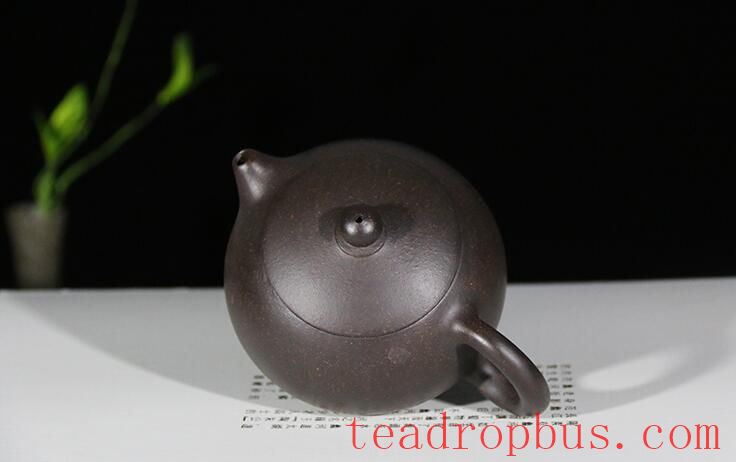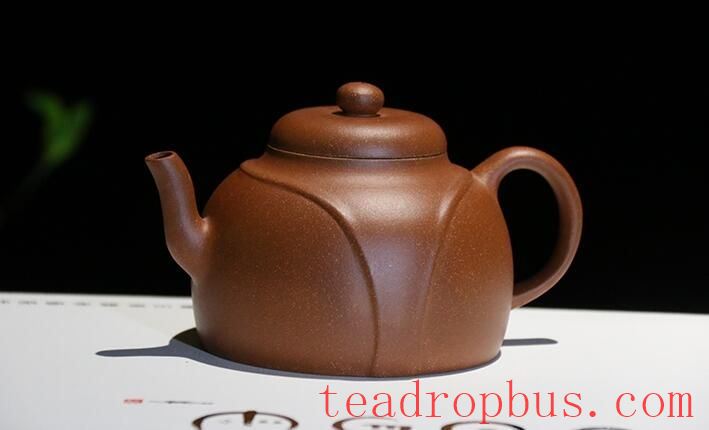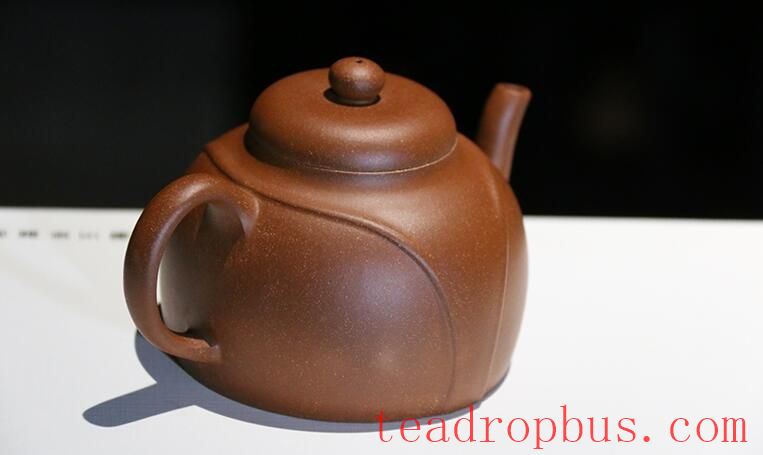Blending sand involves, during the preparation of clay, adding another type of fired or semi-fired natural sand to a natural clay powder in a specific ratio and mesh size. The two components are then thoroughly and evenly combined. In short, it means mixing different or identical mesh sizes of similar or dissimilar clays.

The sand used for blending is still purple clay, but the particle size and proportion of the blended sand vary. The essence of blending sand is to alter the texture and graininess of the clay, enhancing its plasticity and breathability. It is not merely decorative; it is a necessity for the craft. Techniques such as laying sand and embedding sand are forms of decorative expression.

Old Teapots were sometimes made with blended sand, but this was not common. Some old teapots appear to be blended sand, but this effect is actually due to a higher ratio of sand in the clay and the use of traditional hand-processing methods. They look coarse but feel smooth. Modern blended fired sand is merely an imitation of the texture of old teapots. With larger mesh sizes, blending fired sand can create a visually coarse appearance, but when touched, the result may not match the appearance.
